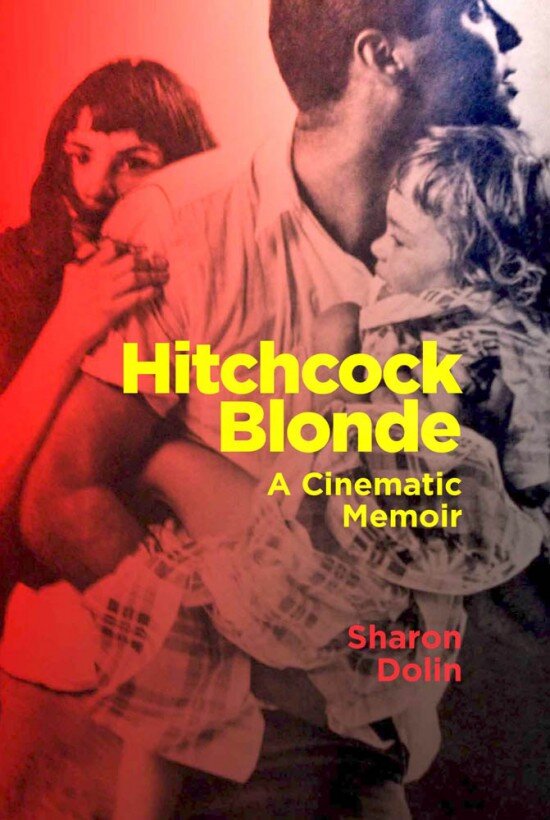Alfred Hitchcock is best known for inventive camera angles and an attraction to blondes, as evidenced by this clever 2012 British Film Institute video.
But what happened in Hitch's head before he pointed a camera at the object of his obsession?
In a 1937 Sight & Sound article, the portly, young director told readers that films first appeared to him as murky images. “There is possibly a colourful opening developing into something more intimate; then, perhaps in the middle, a progression to a chase or some other adventure; and sometimes at the end the big shape of a climax, or maybe some twist or surprise."
The Marx Brothers land on the cover of the Summer 1937 issue of Sight & Sound. Hitch’s image and article appeared on an inside page.
Hitchcock’s unfocused visual notions eventually became screenplays. “With the help of my wife, who does the technical continuity, I plan out a script very carefully, hoping to follow it exactly, all the way through, when shooting starts,” he wrote. “In fact, this working on the script is the real making of the film, for me. When I’ve done it, the film is finished already in my mind.”
The director’s wife actually started in the British film industry before he did. Alma Reville (1899-1982) began her career as a tea girl before working as an editor and assistant director. Nathalie Morris of the Women Film Pioneers Project summarizes Reville’s career and lists several films she co-wrote or wrote, including The Constant Nymph (1928) and wrote After the Verdict (1929).
For a fresh take on the legendary director, poet Sharon Dolin offers up her own life. In Hitchcock Blonde: A Cinematic Memoir. Mom Egg Review writes the book “is like sitting in a theater next to the author as she watches a movie reel of her own life, and uses Alfred Hitchcock films to make sense of her memories. The author herself tells us she finds it easier to remember things by not thinking about them directly, and therefore the Hitchcock movies help her process the scenes that span her life including the complicated relationships, thoughts, and feelings carried within the episodes that she shares.”


